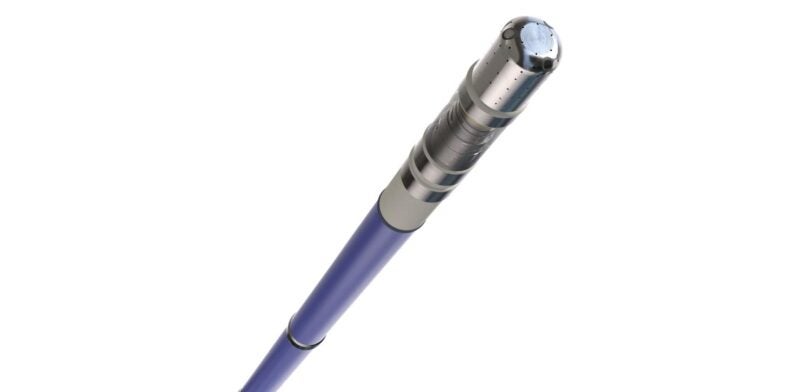
Biosense Webster has reported that new findings from the Q-FFICIENCY study indicate that treatment with the QDOT MICRO Catheter has led to substantial enhancements in atrial fibrillation (AFib) control, symptom relief, and the overall quality of life for AFib patients.
The findings have been put up in the Journal of Cardiovascular Electrophysiology, said Johnson & Johnson MedTech, which owns Biosense Webster.
The Q-FFICIENCY study assessed the safety and 12-month effectiveness of the QDOT MICRO Catheter, a temperature-controlled, contact force-sensing, radiofrequency (RF) catheter, in individuals with paroxysmal AFib.
According to patient-reported outcomes, the study revealed a 99% enhancement in AFib control and a 93.1% improvement in AFib symptom relief at the 12-month follow-up compared to the baseline. Furthermore, 87.9% of patients reported experiencing a significant clinical improvement in their quality of life.
Johnson & Johnson MedTech describes the QDOT MICRO Catheter as an advanced RF ablation catheter, featuring enhanced high-energy ablation capabilities, improved temperature monitoring, optimised irrigation, and increased signal resolution.
In the QMODE+ setting, the catheter facilitates the delivery of high-power, short-duration ablation up to 90 watts for four seconds, resulting in a substantial enhancement in ablation efficiency.
Moreover, the QDOT MICRO Catheter is said to seamlessly integrate with the CARTO 3 System, streamlining lesion creation, ensuring consistency, and reducing the overall procedure time.
Earlier this year, Biosense Webster unveiled the safety and 12-month effectiveness results of Q-FFICIENCY in JACC: Clinical Electrophysiology.
The data revealed that the use of QDOT MICRO Catheter resulted in 86% of patients achieving freedom from symptomatic recurrence, while the occurrence of catheter-related primary adverse events remained low, at 1.8%.
Biosense Webster president Jasmina Brooks said: “AFib places a substantial burden on patients’ daily lives and healthcare resources, including physician visits, drug costs and side effects, and hospitalizations. At Biosense Webster, we are focused on improving patient outcomes, while offering innovative solutions for physicians treating the growing number of AFib patients today.
“As the Q-FFICIENCY study findings demonstrate, use of the temperature-controlled QDOT MICRO Catheter allows physicians to customise treatment for each patient, reduce procedural times and offer significant benefits to patients through improving their quality of life.”






